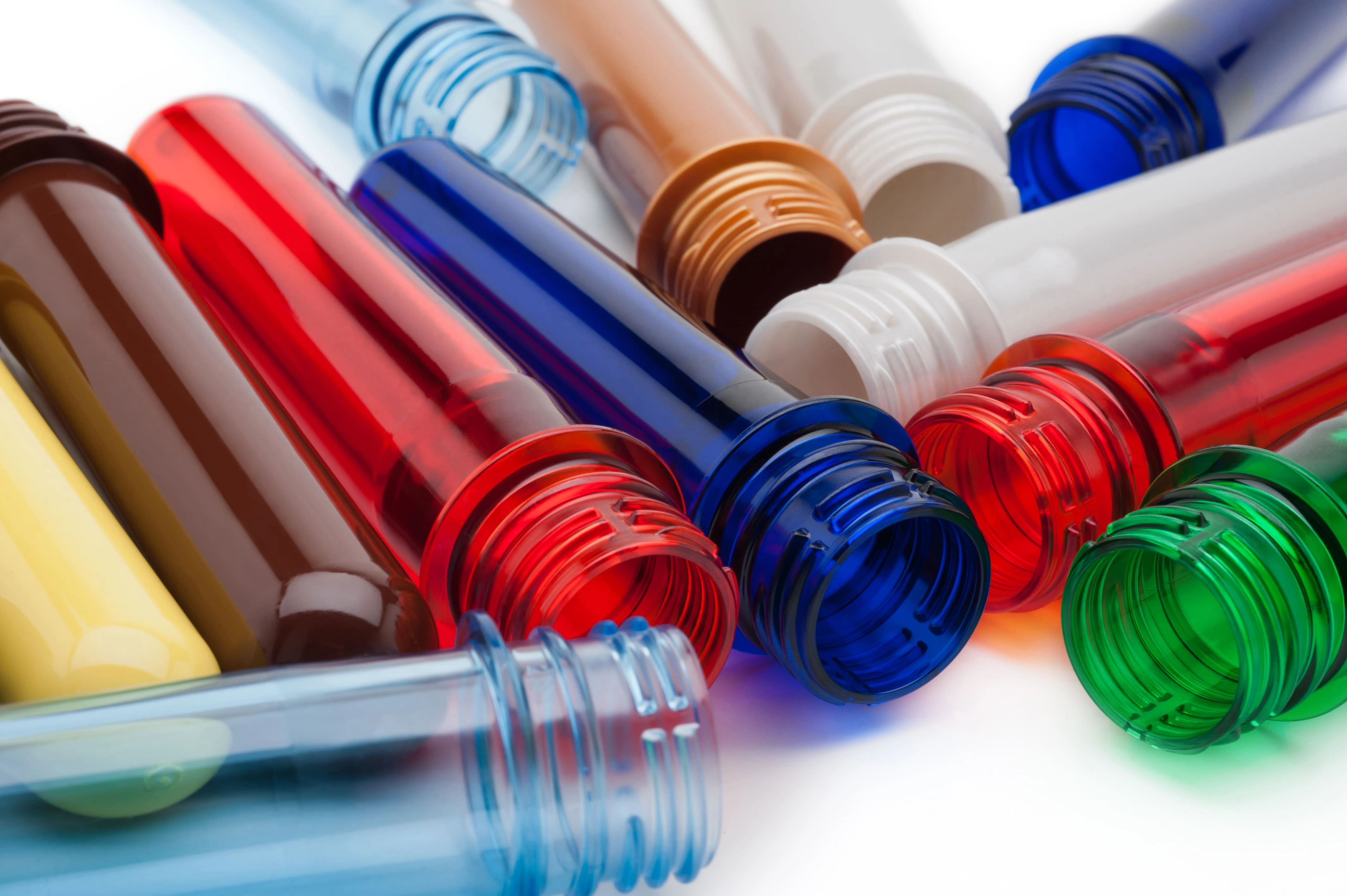
Home›Liquid Masterbatches

Kandui Industries Private Limited will soon be launching its range of Liquid Masterbatches. We are expecting to start production by ..............
Liquid masterbatches are a specialized form of masterbatch, which are highly concentrated blends of colourants, additives or both dispersed in a liquid carrier instead of a solid carrier resin. They are designed to impart colour or enhance specific properties in plastics during the manufacturing process.
The optimal choice between liquid and solid masterbatches depends on various factors:
Solid masterbatches are often more cost-effective and easier to handle for large-volume production.
Liquid masterbatches excel in applications needing precise additive control or superior dispersion, while solid masterbatches are reliable for general applications focusing on durability and cost-efficiency.
Liquid master batches are favoured for moulded articles, transparent plastics requiring consistent colour and clarity.
Both forms can be formulated with eco-friendly ingredients, contributing to sustainability efforts.
Liquid carriers are universally compatible with major polymers independent of flow properties, having no heat history during liquid master batch manufacturing. Hence more clean and bright colouration achieved.
Ultimately, understanding the specific needs of the application, alongside the advantages and limitations of each type, guides the selection of the most suitable masterbatch solution.

Pigments and additives are dispersed in a liquid medium, facilitating better dispersion and compatibility with various polymers.
Liquid masterbatches deliver high concentrations of pigments and additives, allowing for lower dosage rates and efficient colour or property modification in the final product.
The liquid format facilitates even and uniform distribution of colorants and additives throughout the polymer, minimizing colour streaks or inconsistencies.
Superior dispersion and consistency: Resulting in uniform color and enhanced properties in the finished product.
Precise dosing and control: Allows for fine-tuning of color shades and additive concentrations, particularly useful in applications requiring very specific effects.
Improved processing efficiency: Can improve the flow properties of the polymer, leading to faster filling times, shorter injection moulding cycles, and improved extrusion throughput.
Suitable for heat-sensitive pigments and additives: As they are not processed at high temperatures and pressures during manufacturing.
Potential cost savings: Due to high pigment concentration requiring lower dosage, and reduced processing time and waste generation.
Liquid masterbatches find wide application across various industries, especially those requiring high precision, specific functionalities, or transparent/translucent effects.
Provides vibrant colors and UV protection for food-grade packaging, shrink wraps, and containers.
Used in the production of lightweight, durable, and aesthetically pleasing components like dashboards and bumpers, with enhanced properties such as heat resistance and UV protection.
Adds customized appearances and durability to household items, electronics, and toys.
Creates strong and durable materials such as pipes, insulation panels, and roofing sheets, enhancing strength, thermal insulation, and weather resistance.
Used to color synthetic fibers and fabrics, producing vibrant, long-lasting colors for garments, upholstery, and other textile products.
Creates critical tooling like greenhouse films, irrigation pipes, and silage wraps, enhancing UV protection and resistance to extreme environmental conditions.
Contact Us